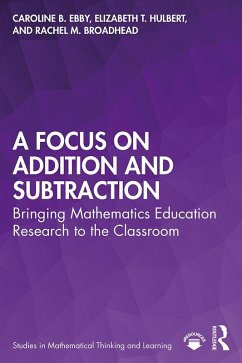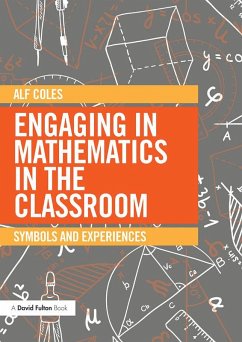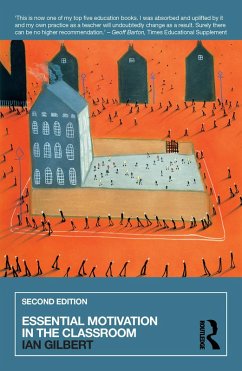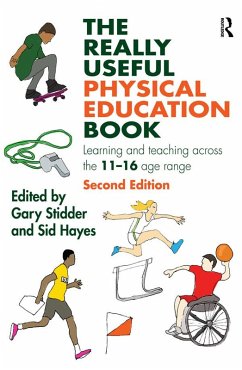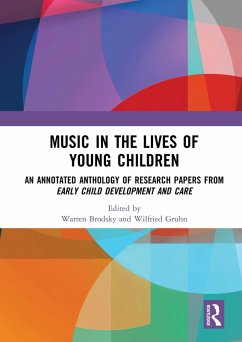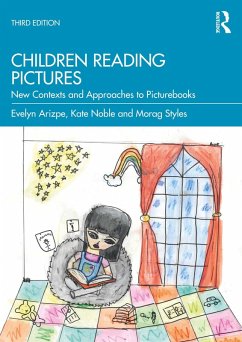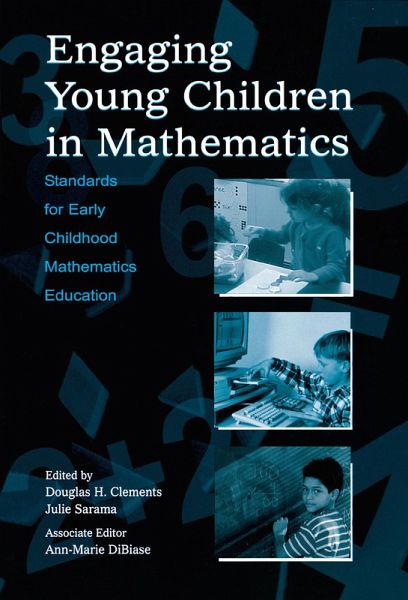
Engaging Young Children in Mathematics (eBook, ePUB)
Standards for Early Childhood Mathematics Education
Redaktion: Clements, Douglas H.; Dibiase, Ann-Marie; Dibiase, Associate Edito; Sarama, Julie
Versandkostenfrei!
Sofort per Download lieferbar
72,95 €
inkl. MwSt.
Weitere Ausgaben:

PAYBACK Punkte
36 °P sammeln!
This book consists of conclusions drawn from the expertise shared at the Conference on Standards for Prekindergarten and Kindergarten Mathematics Education. It offers substantive detail regarding young students' understandings of mathematical ideas.
Dieser Download kann aus rechtlichen Gründen nur mit Rechnungsadresse in A, B, BG, CY, CZ, D, DK, EW, E, FIN, F, GR, HR, H, IRL, I, LT, L, LR, M, NL, PL, P, R, S, SLO, SK ausgeliefert werden.




